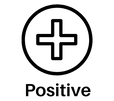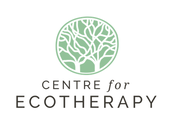|
Photo by Timothy Eberly on Unsplash
Remember the days when you dreamt of being able to work remotely?
No more morning commute, setting your schedule, taking walks and exercising when you wanted... it all seemed like the dream set-up. Then COVID hit and the dream became a reality. The joy of working from home hasn't worked out quite as any of us expected. Working from home has apparently led to a 13% increase in productivity, partly from being less distracted and more focused. However, most of that increase in productivity comes from working more minutes. The payoff may be fewer breaks, shorter lunch periods and staring at Zoom for longer than is healthy. You end up with that feeling of always being "on" and a lack of separation between home life and work. Those longer hours also mean more screen time than ever. This all adds up to stress, anxiety and, ultimately, serious implications for your physical and mental health and wellbeing. When you don't allow yourself the space and time you need to switch off, your body and mind pay the price.
Photo by niklas hamann on Unsplash
Managing a team post-pandemic is a challenge.
As a leader, CEO or business owner, you're faced with trying to rally a team that is mainly working remotely. Keeping morale high and productivity flowing is even harder through a Zoom window. I don't need to reel off a slew of statistics about the effect of working from home on team members. You've most likely already felt it from your own experience. But while it does have benefits, there are challenges for those working remotely. These include:
After months of online sessions, on Friday we ran our first outdoor team development day of this year, for a stressed management team from an NHS partnership who've been remote for the past 6 months.
We've made a few changes to the way we run the days to make sure that social distancing and hygiene is maintained. There are some trees in my street that are an example of how working together can give us hope for the future. It's led to ideas for how you can build a stronger and more resilient organisation and business, says Nigel Berman
There’s a line of elm trees across the street from my flat.
I love those trees. Their branches are directly opposite my lounge window, and I sometimes watch as birds and the odd squirrel hop about in them. They turn an otherwise ordinary urban street into something more alive and positive. Especially now, after the pandemic. So I was very upset a few years ago when the council cut one of them in half.
If you're lucky enough to have a garden or somewhere green to enjoy the spring weather during corona-lockdown, here are 6 ways you can use it to get away from screens, reduce work-related stress and boost your mental health and wellbeing.
Photo by Martin Kníže on Unsplash
1. Twenty mins a day in your garden significantly reduces stress
Spending a lot of time in front of a screen? Feeling sluggish, stressed, or anxious? Are you distracted, or going a bit stir crazy? Need a break from the kids, or your partner? Research shows that being outside in nature for just 20 minutes a day is enough to significantly boost vitality, reduce stress, and enhance your focus and your wellbeing. If you live in a city, even a small park, a patch of grass, or any area with trees can suffice.
If I had a garden I’d be spending as much time in it as I could. Having a team meeting where you're honest and truly listen to each other can yield great results. It’s not always easy to do, so we asked business leaders about their experience of facilitating meaningful conversations with their teams.
Photo by Dylan Gillis on Unsplash
When was the last time you had an honest and meaningful conversation with your team?
A few weeks ago we asked 60 business leaders from a range of small, medium, and large organisations a series of questions about their experience of this with their teams. The responses showed lots of common issues that leaders face when working with their teams, but interestingly, a few immediately pushed back: “What do you mean by a meaningful conversation?” they asked. So first things first. What is a meaningful conversation?
A conversation with your team is meaningful if it nudges along your understanding - of each other and the situation - as well as influencing you in a significant way.
The conversation could be on anything from aligning on vision or goals, clarifying a key message, working out a new way of doing things, or deciding what to do next. What’s important is that a meaningful conversation requires an honest discussion - where you all feel safe enough to share your truth, really listen to each other, and allow the full meaning of what each other says to come out - so that everyone feels heard and understood. Even better if there’s some tangible impact and beneficial change as a result, moving you all forward towards what matters. Client: Sussex Recovery College
Location: Self-contained nature site, near Brighton Group Size: 20 Who they are: Sussex Recovery College offer educational courses designed to promote self-management of mental health and recovery. The courses are delivered by a combination of professional and peer trainers. Why a strategy away day on legacy in the wild? The peer trainers have tended to work independently, and didn’t know others from different regions very well. The college wanted to bring the peer trainers together to celebrate achievements, and to look at how they work together, using nature as an inspiration for the learning. Their challenges: “How do we generate a stronger, more integrated team?” “What do we want our legacy to be?“ When I started School of the Wild back in 2014, I was having a bit of a crisis. I’d spent the best part of a decade sitting in front of a screen, running an e-commerce business, and it wasn’t going too well.
Sales were declining. The pressure was mounting. I’d lost my way and my purpose… it was very stressful. In the end I opted to close that business down. And then I discovered nature. Spending time in the woods, and sitting around a fire was a revelation. It felt like coming home. I noticed that my stress levels went down, my energy went up, and the barriers fell away in the woods, leading to all sorts of connections, meaningful conversations, and new ideas. How we helped a remote sales team to communicate better In the woods today, we worked with nature to help a remote sales team from a global medical supplies company answer a pressing question: "How do we want to communicate with each other?" Client: Global Medical Supplies Co Location: Woodland, West Sussex Group size: 7 Who they are
This global medical technology company provide innovative healthcare and medical solutions. The south east region team is pretty new and has grown from two to seven people in less than a year. The product they sell is complex and the market is competitive. Team members come from diverse backgrounds, and all work remotely, so they don't spend much time together, and don't contact each other often. Their challenge: "How do we want to communicate with each other so that we can work together better?" Back on this stage again. Pitching a leadership campfire session to 150 entrepreneurs at Happy Startups Summercamp. Thanks for a great weekend everyone!
Pic thanks to @katydot76 #schoolofthewild #cocreatingwithnature #meaningfulconversations #climatecrisis
photo by Sarah Davenport
What can your team learn from building a shelter in the woods together, that you can take back to the workplace?
A team from digital agency Pragmatic come to the woods for one of our outdoor team building and strategy away days, and to explore their purpose. Read what happened and what they learned in the case study here. #digitaldetox #teambuilding #businessunplugged Photo thanks to Sarah Davenport
What could your organisation learn from spending a day in nature, helping each other, and having a meaningful conversation? Here's a time lapse of us setting up a team day in the woods for a digital agency client.
Groups from Sussex University's Library Service get creative at an outdoor team building and wellbeing strategy in the wild day.
The Library got in touch because staff are pretty stretched and stressed. They were looking for non-traditional ways of dealing with that. They also wanted to make more use of Stanmer Park, which is a great outdoor resource on their doorstep. Their challenge: "How can we use nature to manage the pressures of work and reduce stress in the workplace?" Read what happened on their strategy away day and what they learned, in our case study here. Delicious foraged mocktail knocked up by the R+T team as part of their wild team buidling away day with help from @brightonherbalist. Spot the hogweed straw and edible flowers.
#teambuilding #foraging #wildisthenewworkplace #digitaldetox Hottest day of the year and I'm helping a group of cool business people and changemakers get inspired by nature and talk about how we can make more of a difference together.
#schoolofthewild #meaningfulconversations #leadthechange #stepup #leadership #busi Why team building is important
First things first - why do any structured team building at all? As a leader there are so many day-to-day pressures, that having time out of the office with your team might seem like a luxury you can ill afford.
But what happens if you don't invest in your team, take time to improve social relations, resolve workplace tensions, and build a forward-thinking culture? The answer: your team may suffer from a lack of progress, poor productivity or conflicts, all of which can lead to under-performance as a whole. As a leader it’s your job to resolve these issues as quickly as possible. If you don’t, you may find your staff leave you for a competitor, as a recent survey by LinkedIn shows: 70% of professionals would not work at a leading company if it meant they had to tolerate a bad workplace culture. For today’s workforce, culture reigns supreme, and as Peter Drucker said “culture eats strategy for breakfast” ie it’s good for the business too. Read on to discover why heading outdoors into nature is one of the most effective ways of achieving your team building goals and is a vital part of any HR strategy. If you've not heard of it you'll get to hang out with 150 amazing humans on a 200-acre farm in Sussex. It's not just for startups but for anyone who wants to make a positive dent in the world.
At our Leading with Purpose sessions, I ask: "Given all that you've learned and experienced today, if you could commit to doing one thing to make a difference, what would that be?" Since the start of 2019 we've been convening groups of business founders, leaders and pioneers around a campfire to talk about how to solve 21st challenges - of how you lead with meaning and purpose in an increasingly uncertain world, and improve the planet and your business. So far we've run six campfires for 40 leaders. Publicly committing to an action in front of the group has been a key part of each session. This is what people have committed to:
Think Productive work on communication, culture and strategy at a ninja away day workshop around the fire.
Who are they?
Founded by best-selling author Graham Allcott (How to be a Productivity Ninja), Think Productive help transform the productivity and wellbeing of leading organisations around the world, through practical, human and straight to the point time management and productivity training and workshops. Think Productive are a close team, a mix of trainers (called Productivity Ninjas) and head office staff. I continue to marvel at nature's ability to support meaningful connections and creative thinking. Some powerful pledges were made. We're starting to have the conversations that need to be had.
Photo by Matt Collamer on Unsplash The other day I go for an early 8am coffee with a client. The HR director of a large charity, she has kindly agreed to meet me to explain why they have decided not to go ahead with my proposal for a leadership programme in nature.
Circumstances have changed. They’ve just done a 360. It has thrown up some unexpected stuff and the CEO has decided to go with a different plan. It’s fine, I understand. And anyway I appreciate that she cares enough to explain this face to face. Over coffee we have a wide-ranging discussion about culture, and the challenges and tensions of an organisation that has frontline support staff and also a retail arm, with different issues, different needs, and different personalities. And then she mentions homelessness. That’s when things take an unexpected turn. For some reason I’m compelled to tell her what happened the day before. A visit to a meditation class has kickstarted my on-again-off-again resolution to be more generous to the growing number of people begging on the high street. On my way to get some lunch, there's a toothless guy sitting on the pavement by the Barclays cashpoint, as I drop some coins into his hand, I ask him how it’s going. Last weekend a bunch of people trusted us to lead them on a blindfolded foraging walk. It was brilliant! Walking slowly from place to place we led the group to 10 edible wild plants and introduced them through touch smell taste and lastly through looking.
The question that emerged at this Campfire Catalyst was 'what else can we do to make an impact now?' Answers and actions ranged from small to large personally and professionally. Making a difference one step at a time.
What does burnout mean for your organisation and how can you use culture change and the power of nature to help your teams to thrive instead? Here’s a 5-step toolkit to cope with an always-on world. Words by Lauren Psyk
Photo by Victoria Heath on Unsplash
In a 24-hour, globally connected world, we are always-on - spending our entire lives connected to technology, with instant access to the world around us.
There are undoubtedly positive benefits to business and organisations from this state of 24-hour connectivity. You can be more productive by managing projects using cloud based tools; you’ve got the convenience of being able to access everything you need, from meals to travel, with the touch of a button; and you can easily serve international markets during their waking hours, as working across different time zones and having staff based across the globe is becoming de rigueur. However, it's also becoming clear that it’s not all sunshine and roses. You may be able to have a gourmet meal delivered at all hours of the day and night, but what is this state of being always-on doing to your mental and physical health, and the health of your team? |
Author & CuratorNigel Berman is the founder of School of the Wild. Archives
March 2024
|
Leaders |
About Us
Support |
|
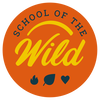
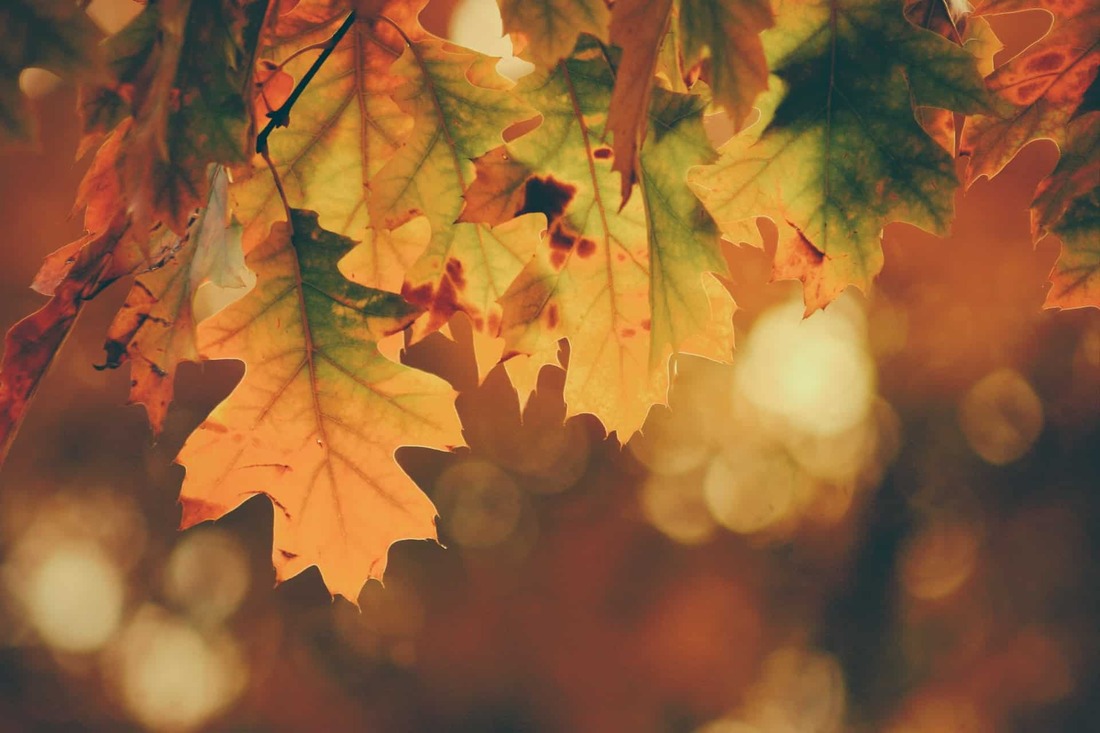
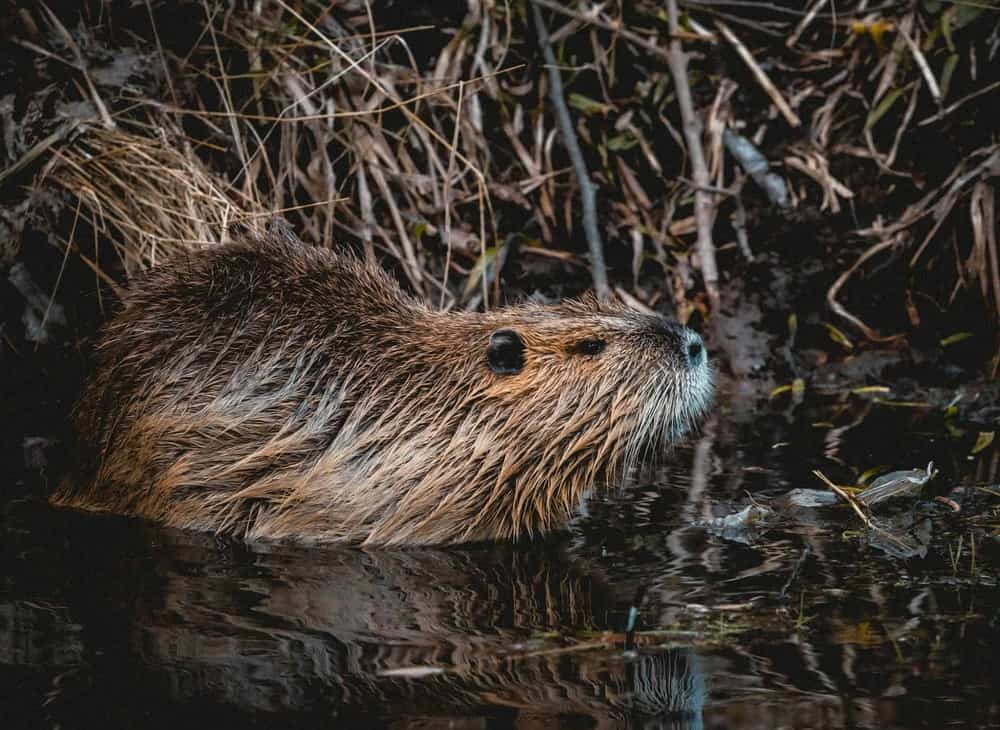
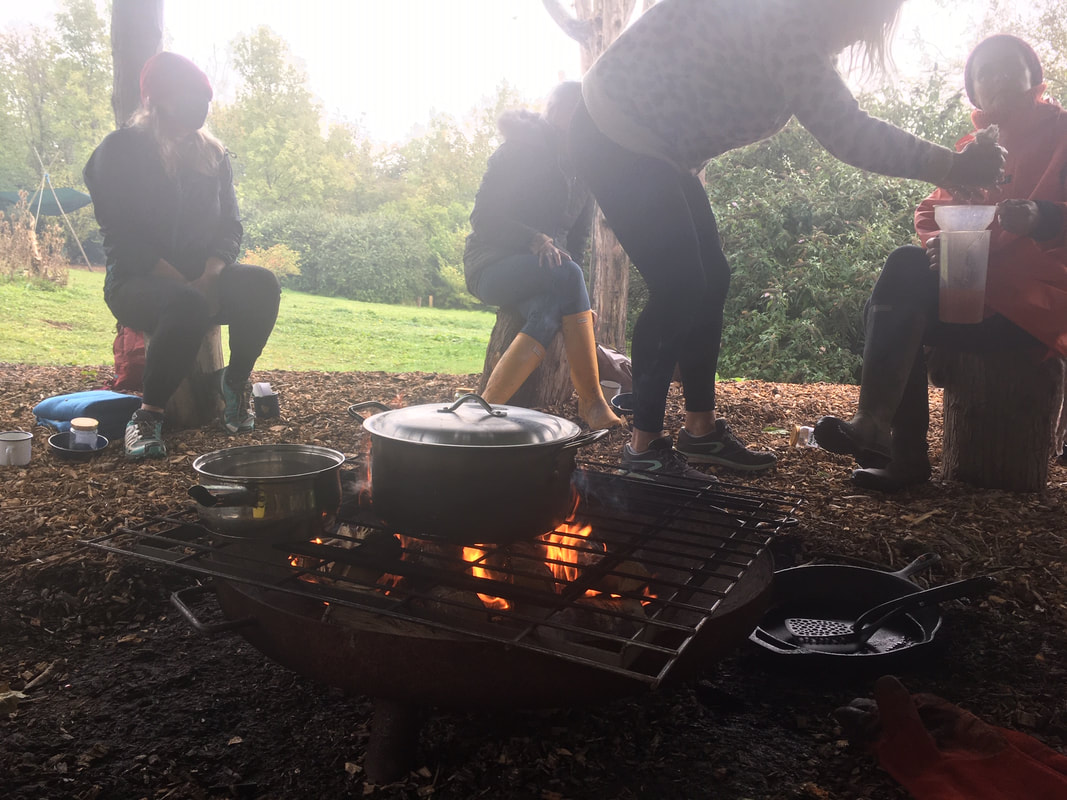
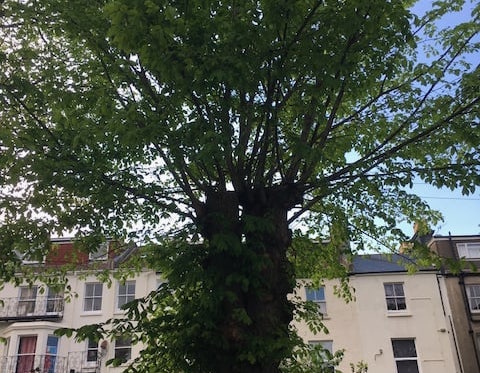
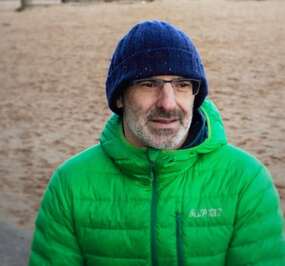
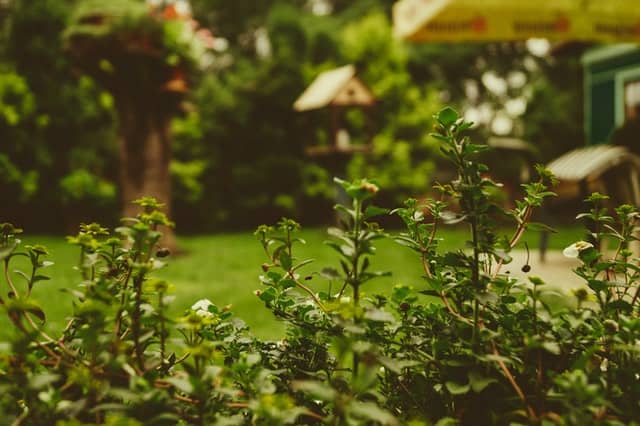
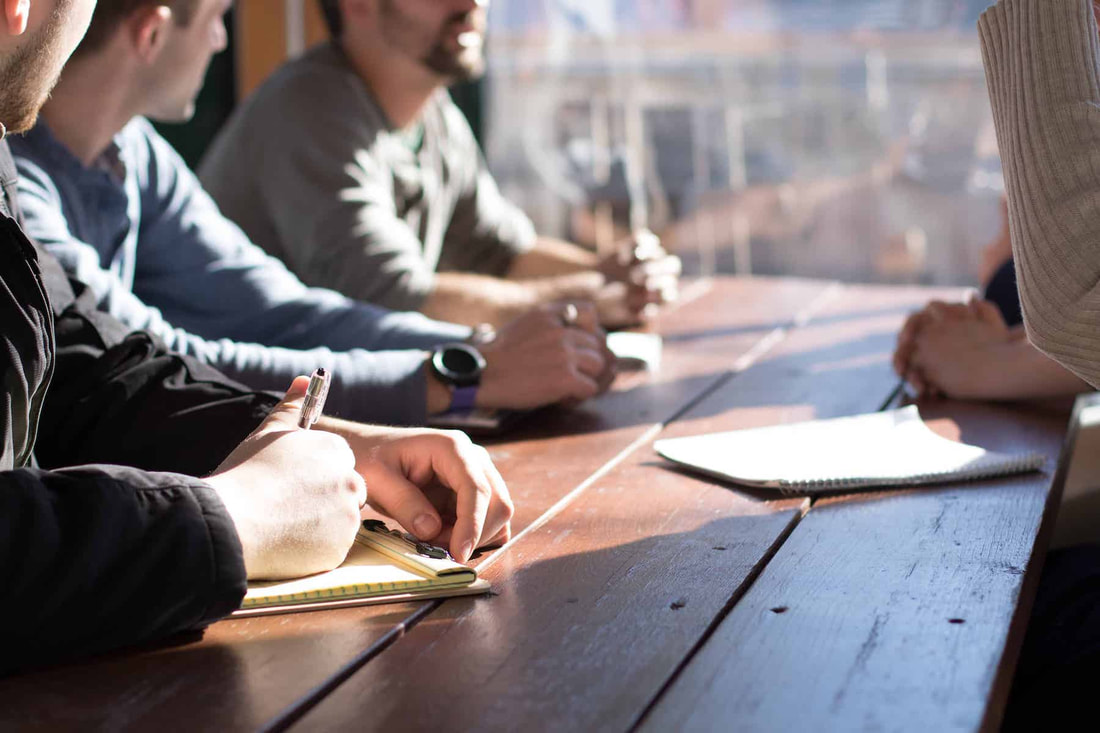
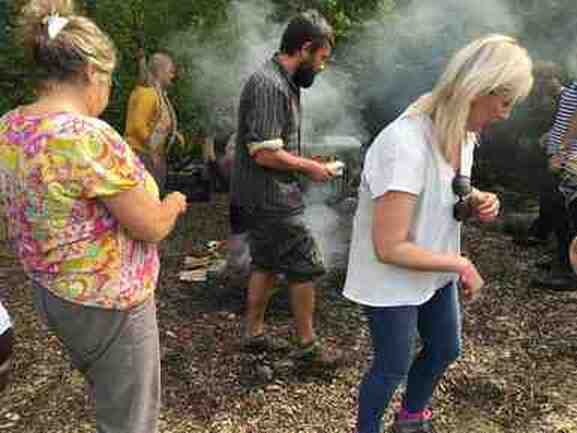
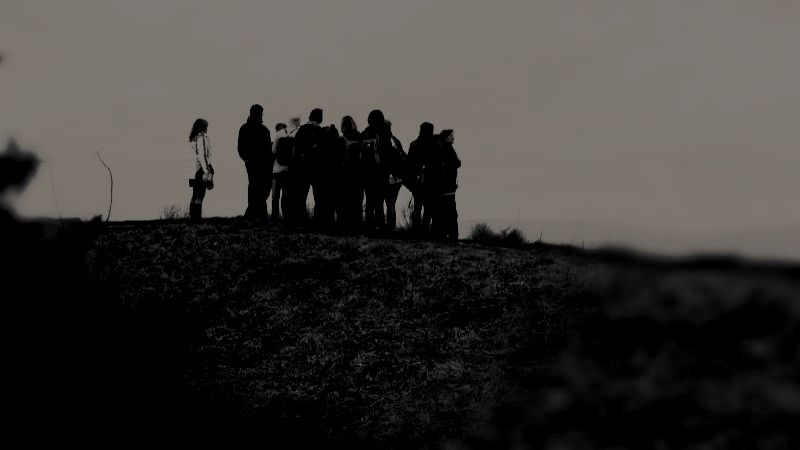
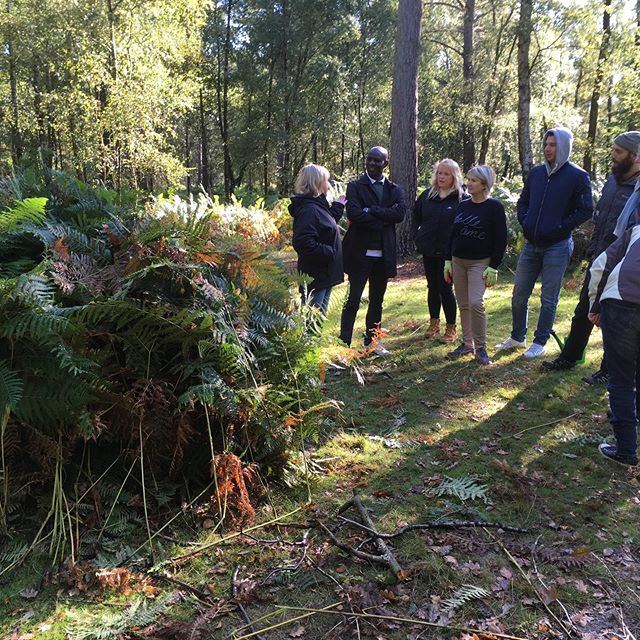
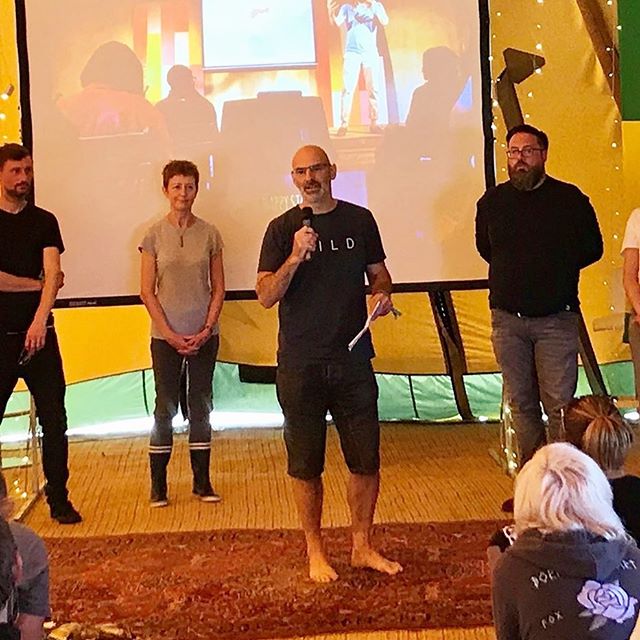
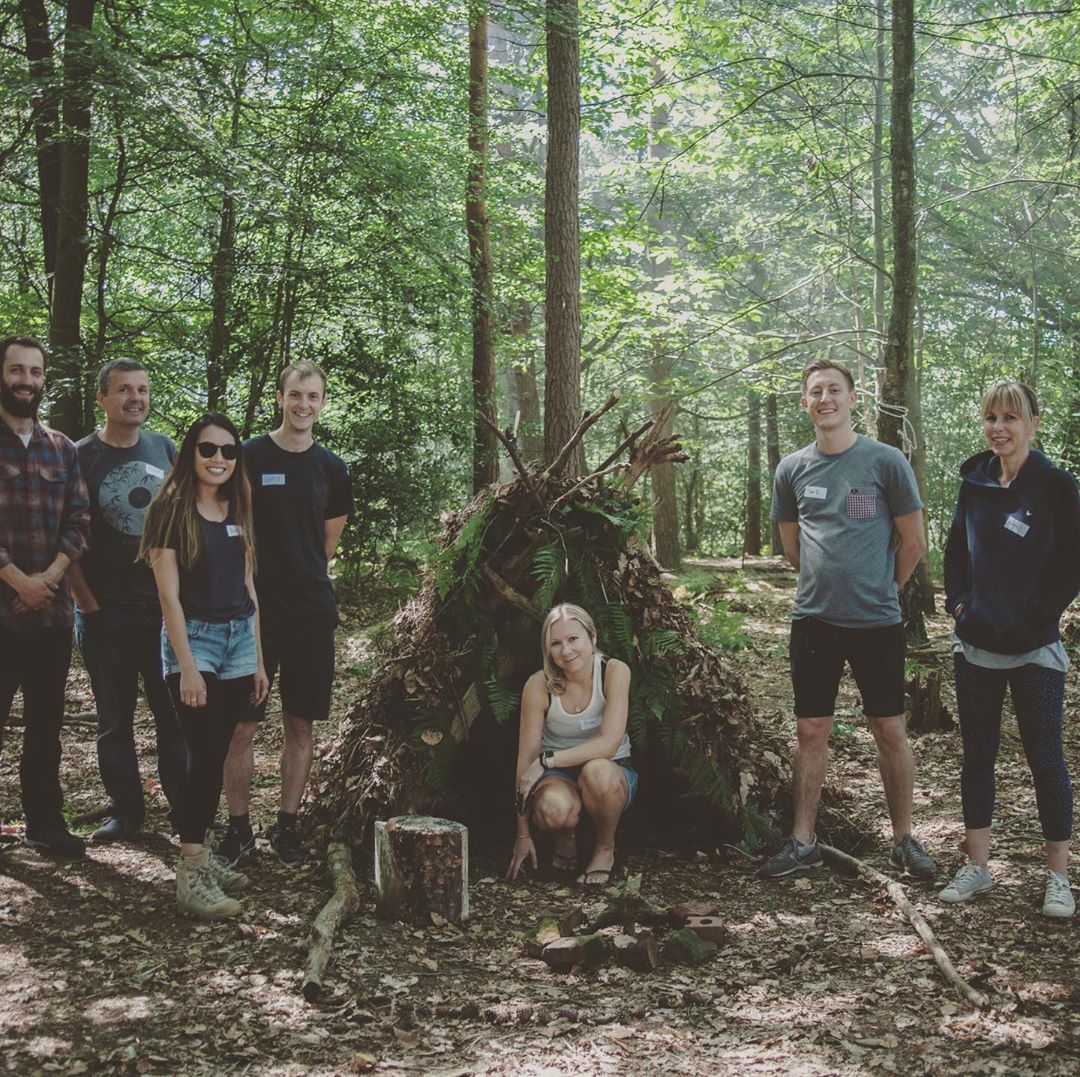
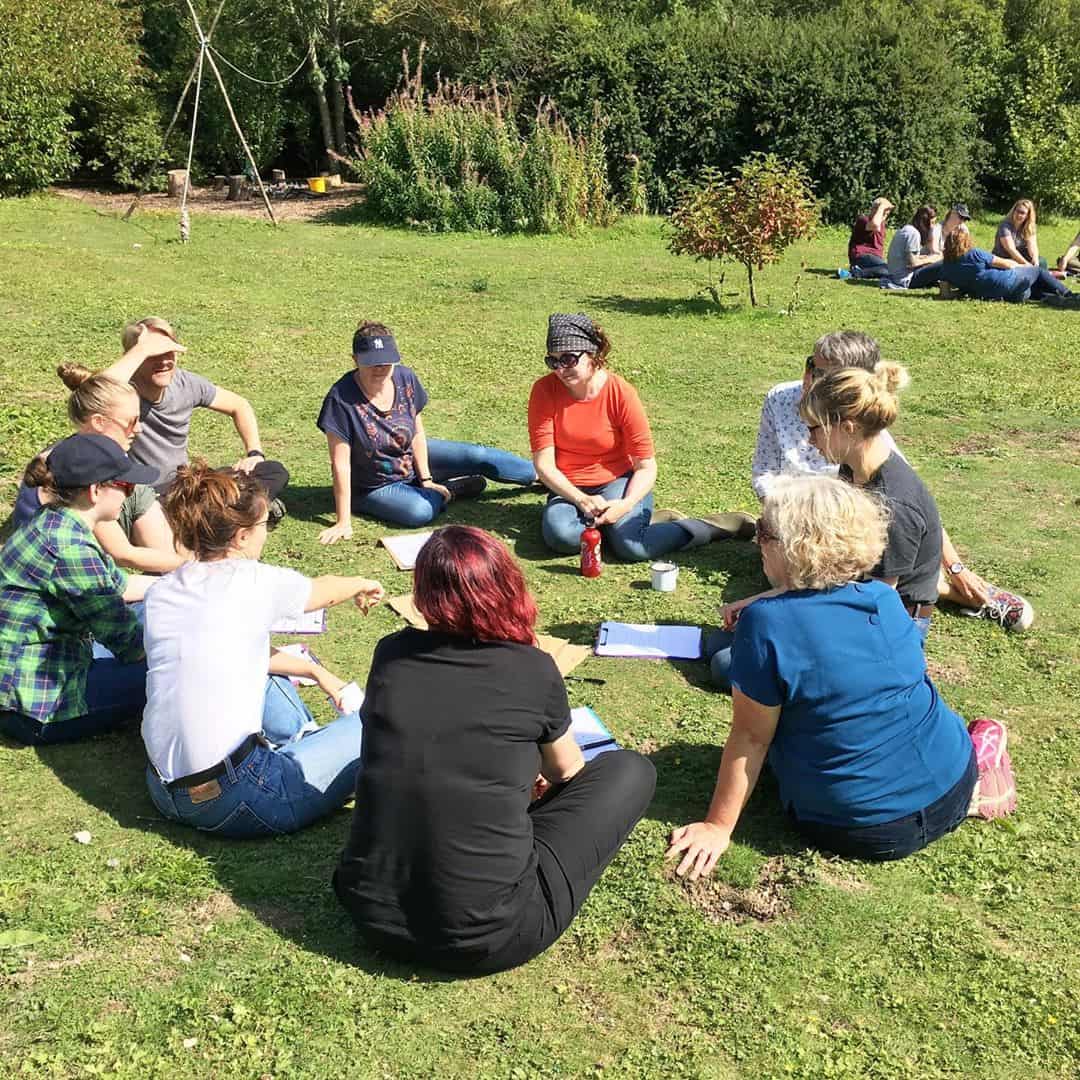
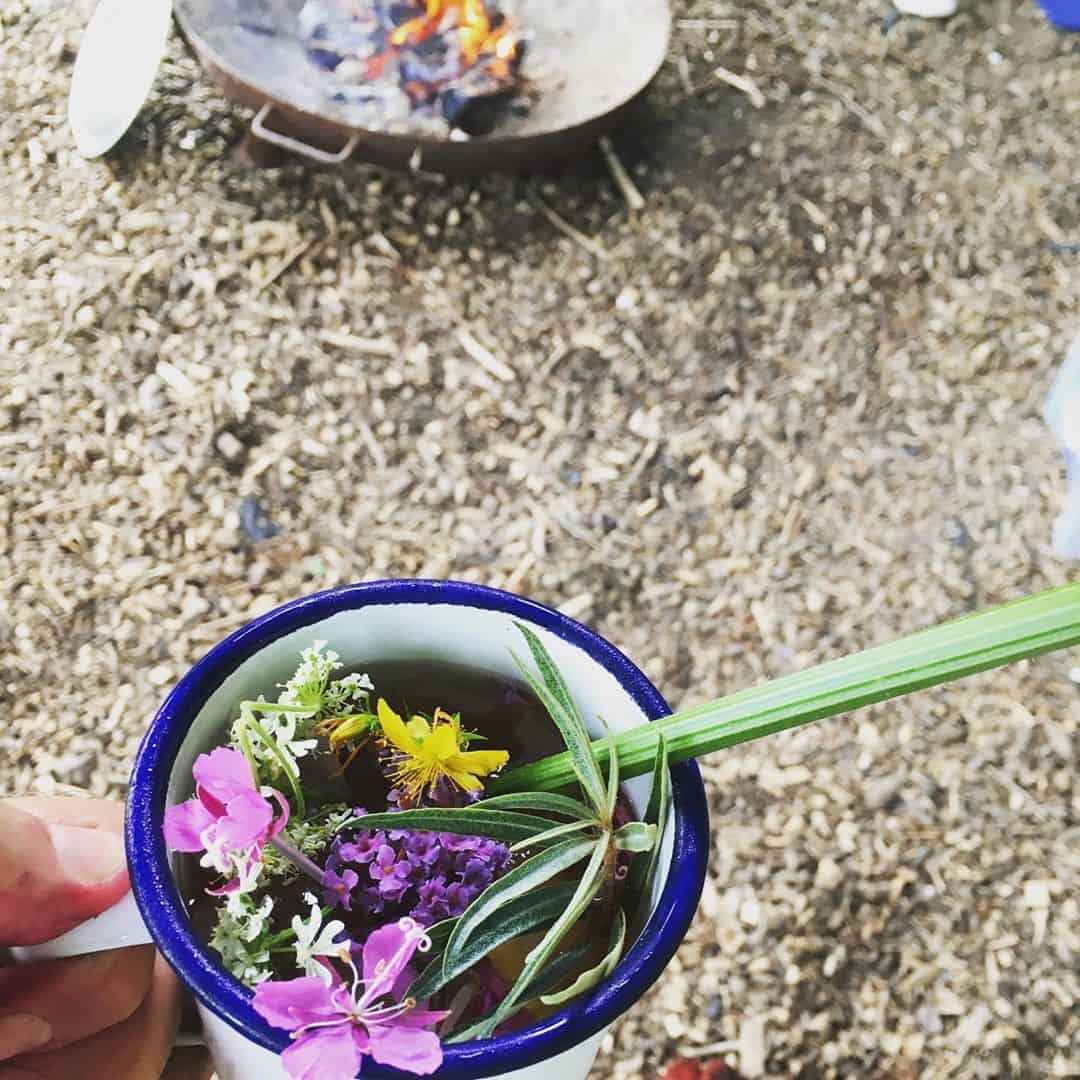
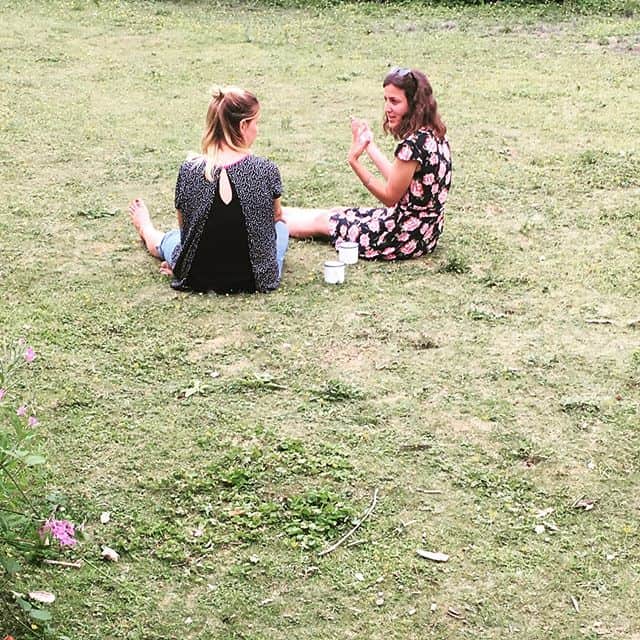
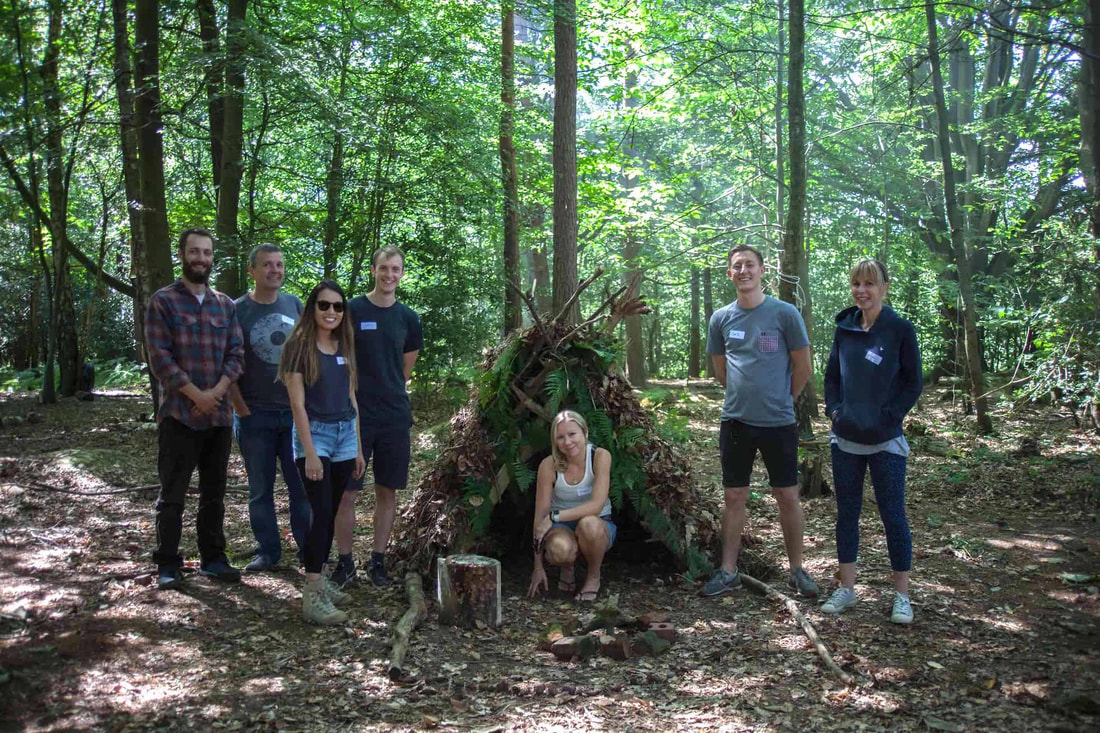
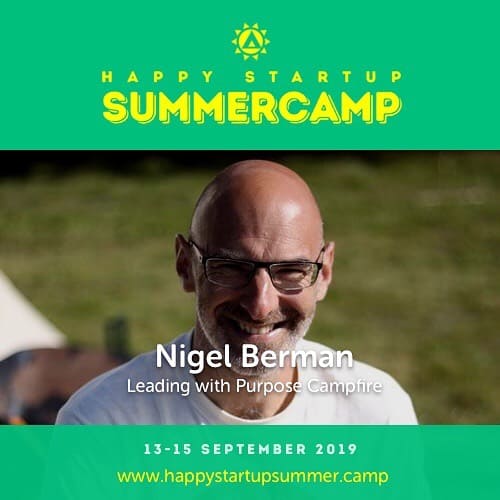
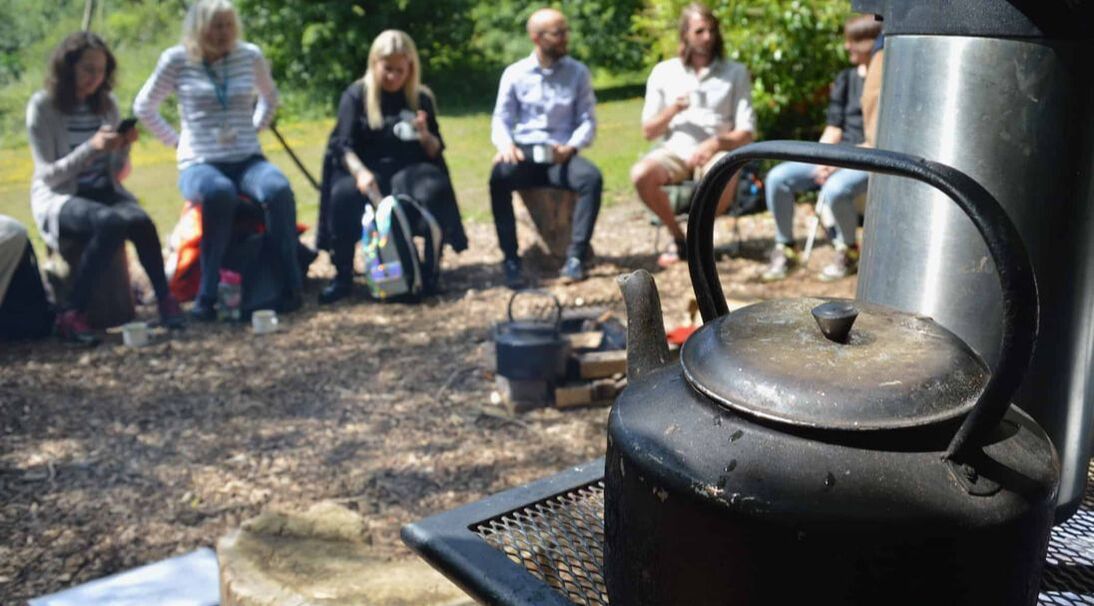
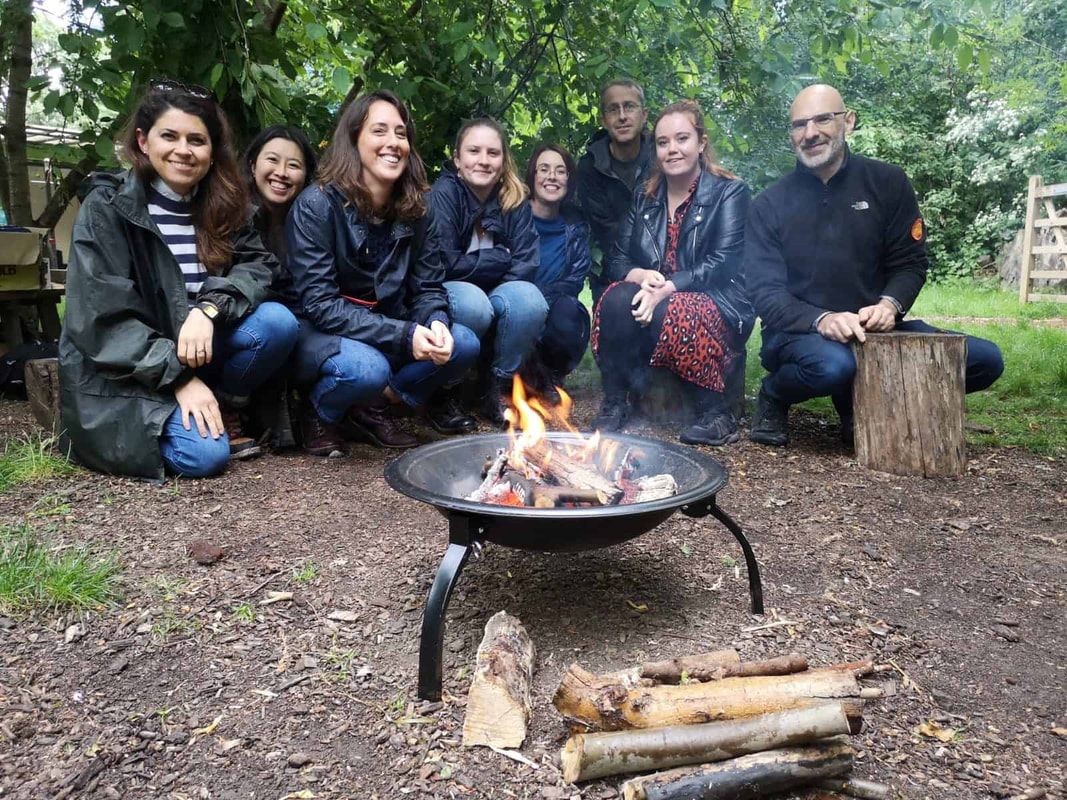
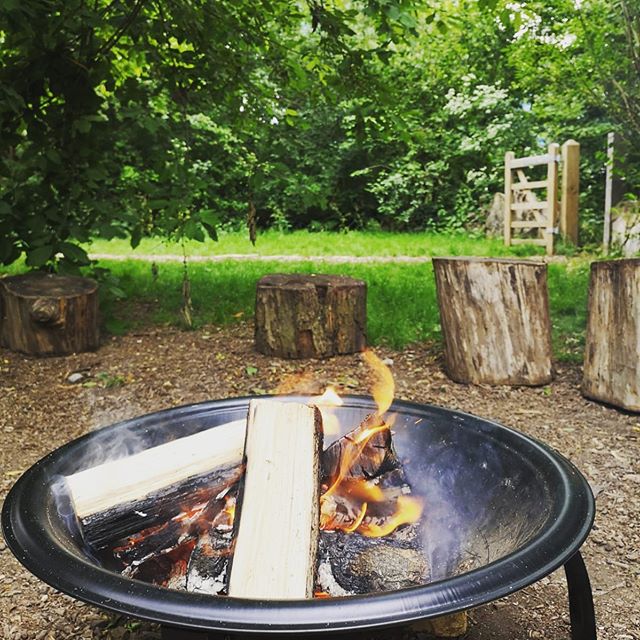
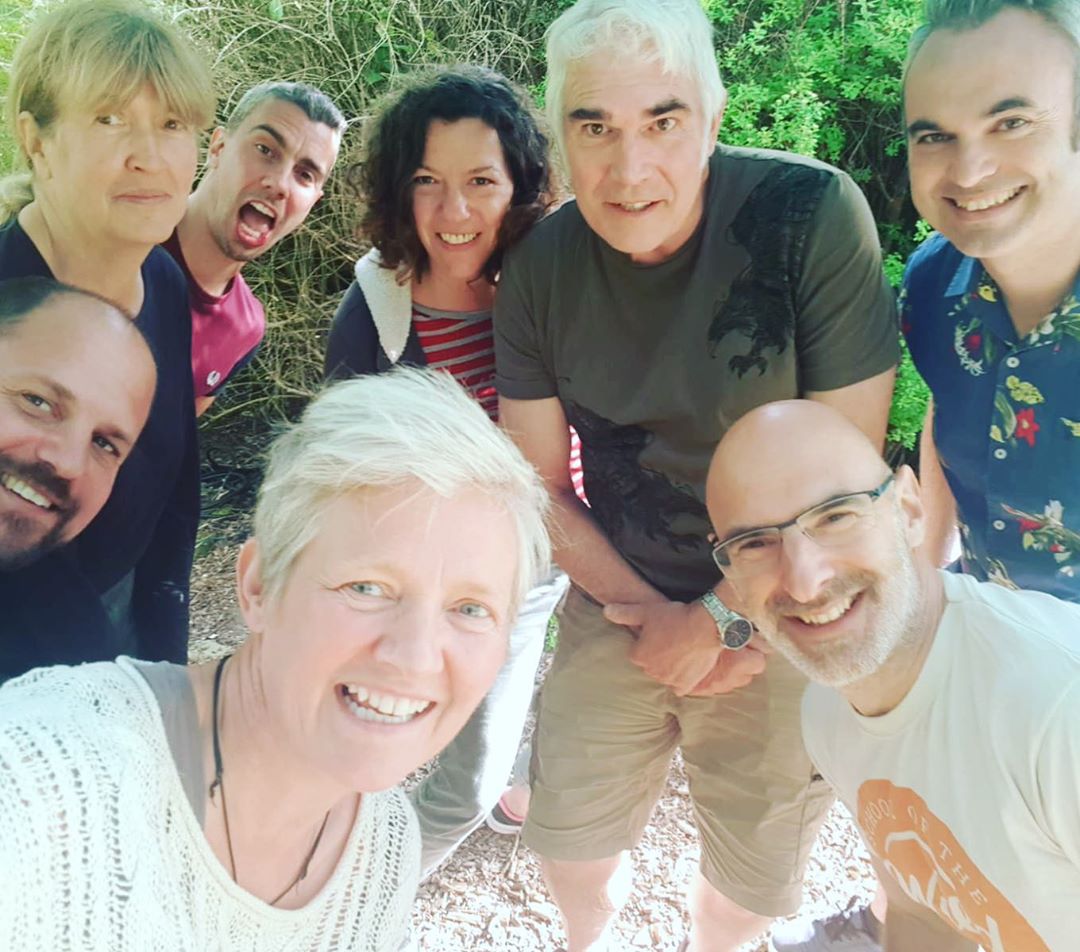
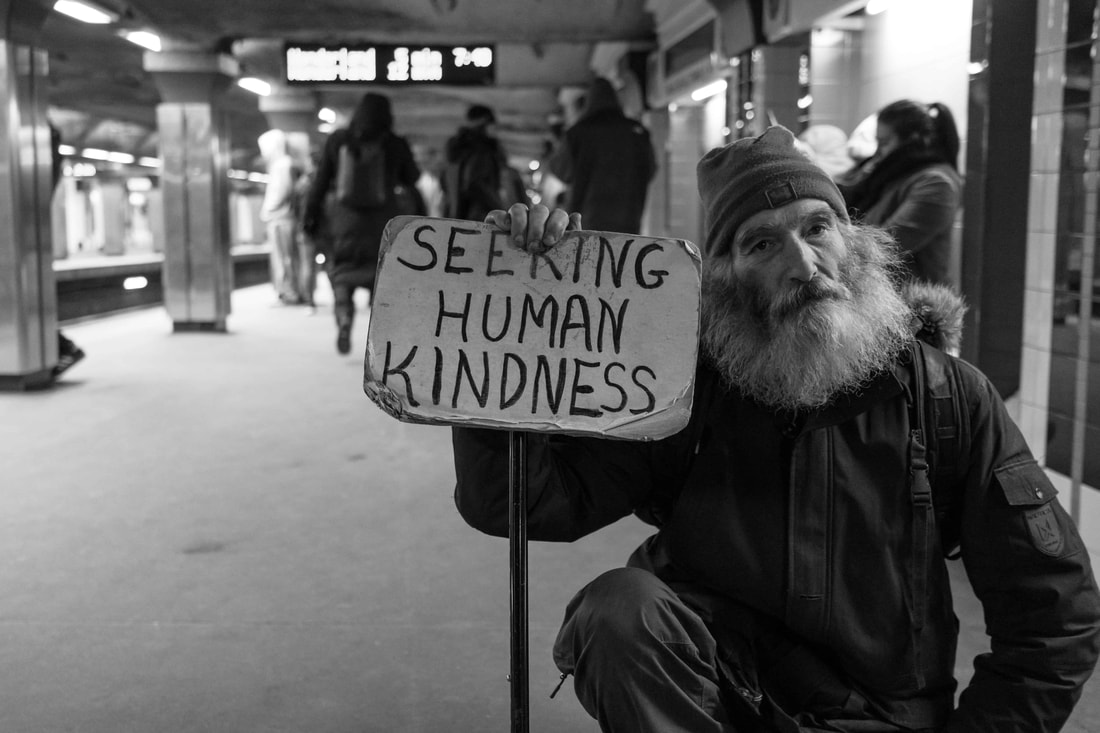
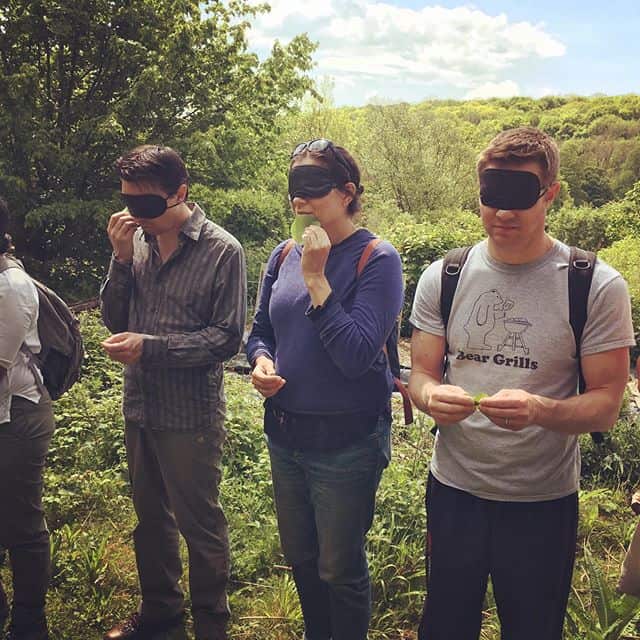
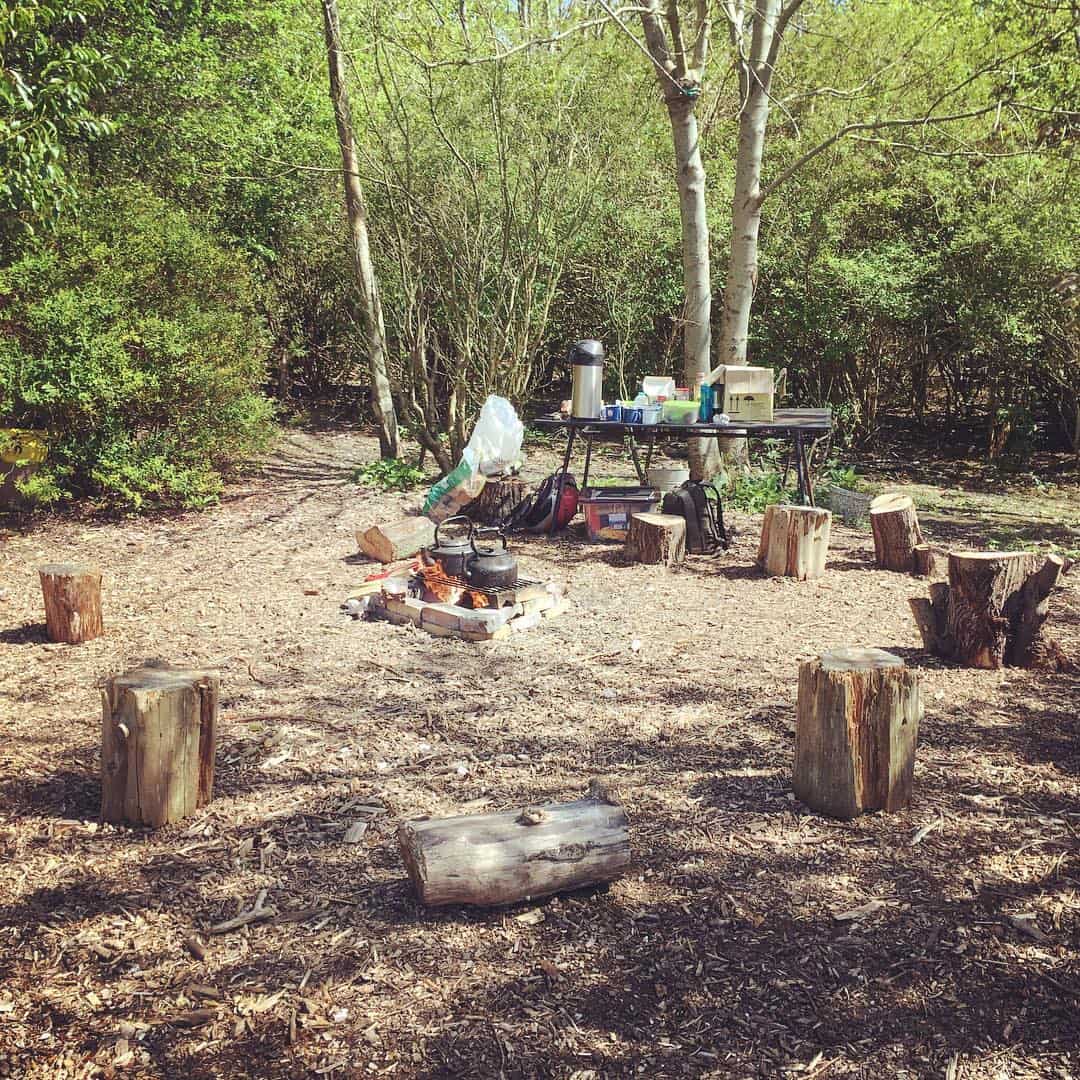

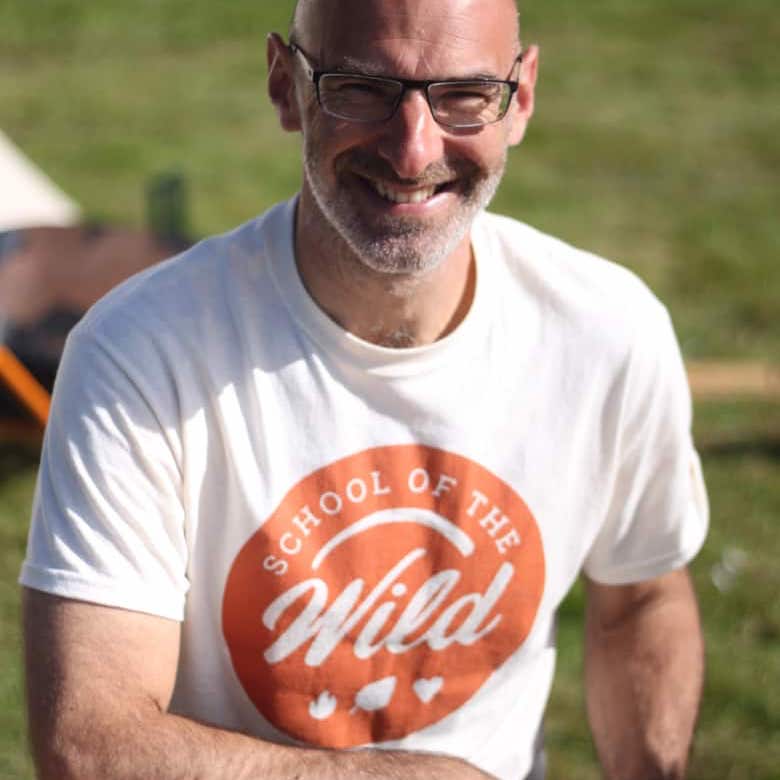
 RSS Feed
RSS Feed
